The traditional American literary canon has always been a subject of debate. But in recent years, it’s come under heightened scrutiny as more educators question its place in K-12 curricula across the country. While some argue the classic canon has its merits in terms of cultural and historical significance, language complexity, and critical thinking opportunities, others point out its limitations related to representation, cultural relevance, and sensitivity in regard to today’s students.
To gain a better understanding of these shifting viewpoints, we asked our teacher subscriber base to share their thoughts about the issue and their general experiences with teaching literature to modern students. Here’s what they had to say!
Do you teach an American literature course?
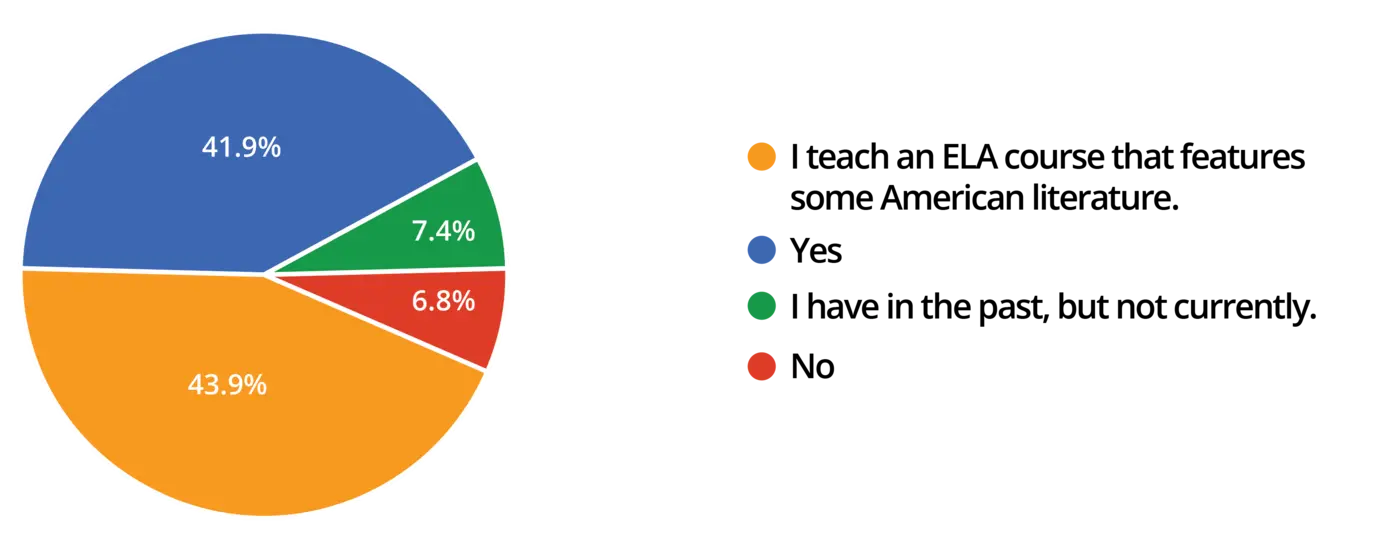
Some schools have dedicated American literature courses as part of their English language arts curriculum; others do not. When asked if they teach one of these courses, 41.9% of survey respondents said yes, 6.8% said no, 43.9% said they teach an ELA course that features some American literature, and 7.4% said they have in the past, but not currently.
Do you dedicate time for in-class reading?
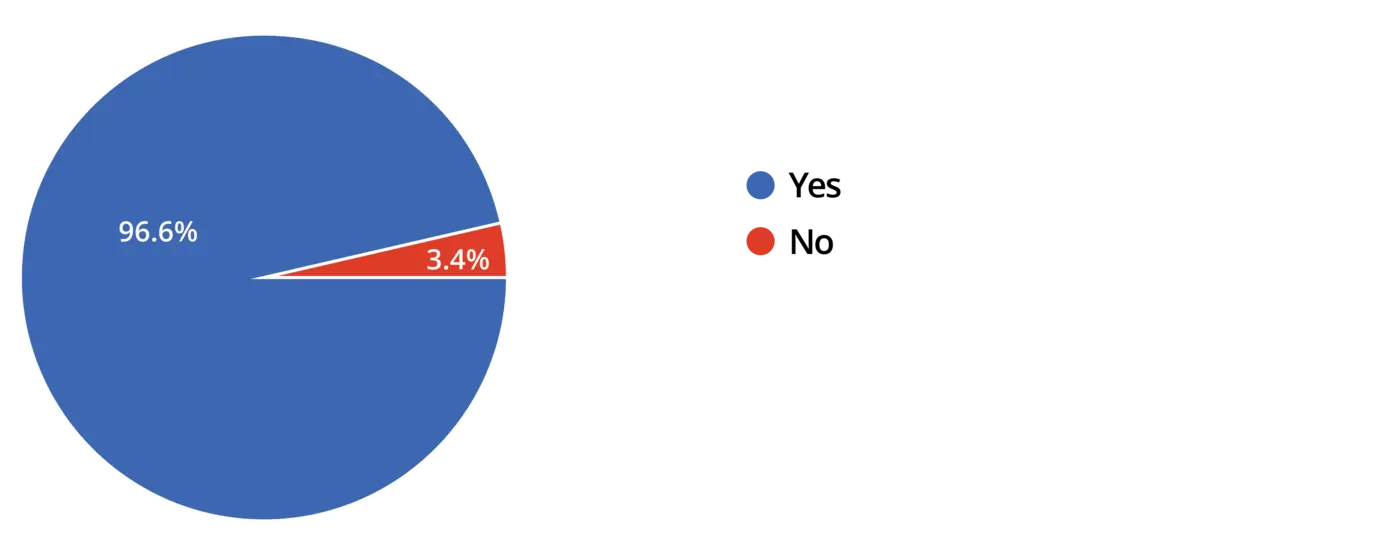
For the purposes of the survey, in-class reading includes independent reading, round robin reading, and teacher read alouds. 96.6% of survey respondents stated they dedicate time for in-class reading, while 3.4% do not.
Are you allowed to personally select the books you teach?
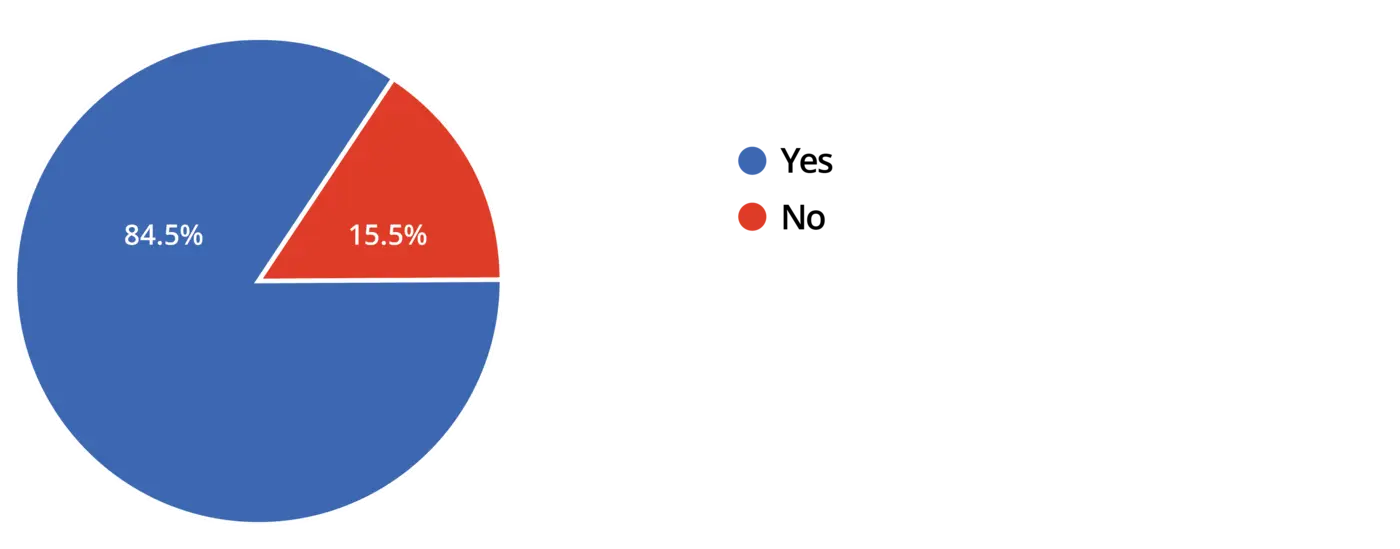
The freedom to choose which books to include in literature units varies from school to school. When asked if they can personally pick the books they teach, 84.5% of survey respondents said yes, while 15.5% said no.
Are there any topics or content that you avoid or cannot include in your literature units?
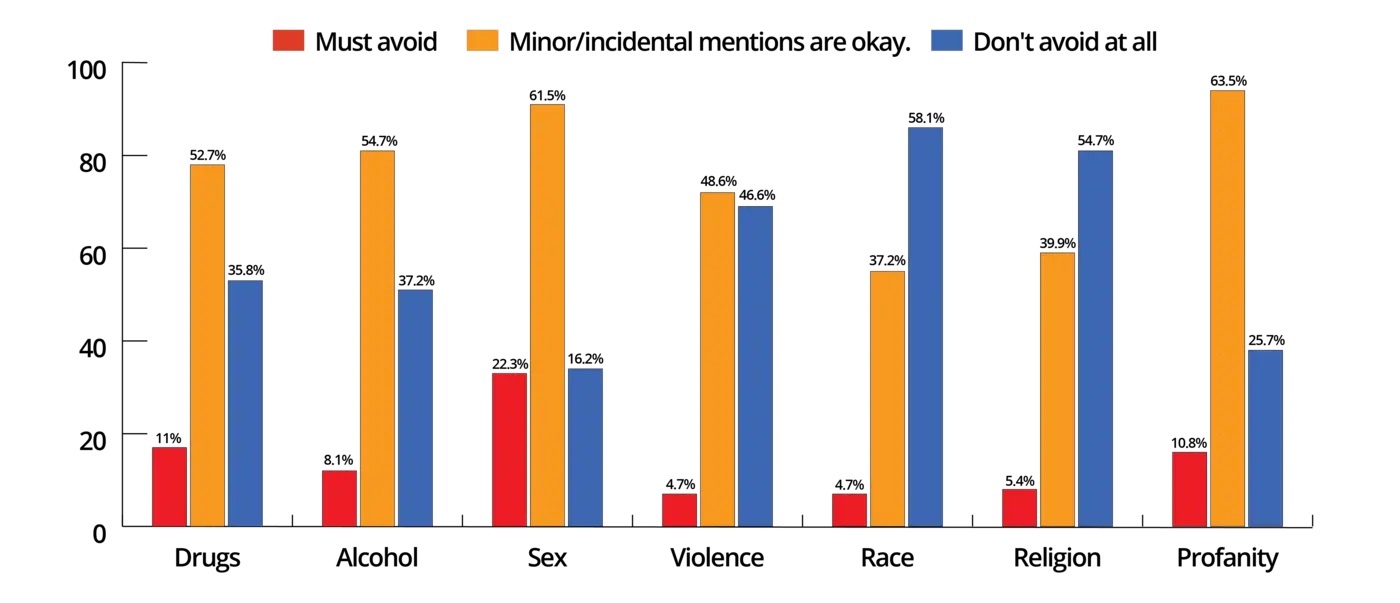
We asked teachers taking the survey if they must avoid content that contains drugs, alcohol, sex, violence, race, religion, and/or profanity in their literature units. Sex was the most avoided topic, followed by drugs and profanity. Race, religion, and violence were the top three topics survey respondents didn’t avoid at all.
In your opinion, which of the following choices is the most important factor in selecting a book for a literature unit?
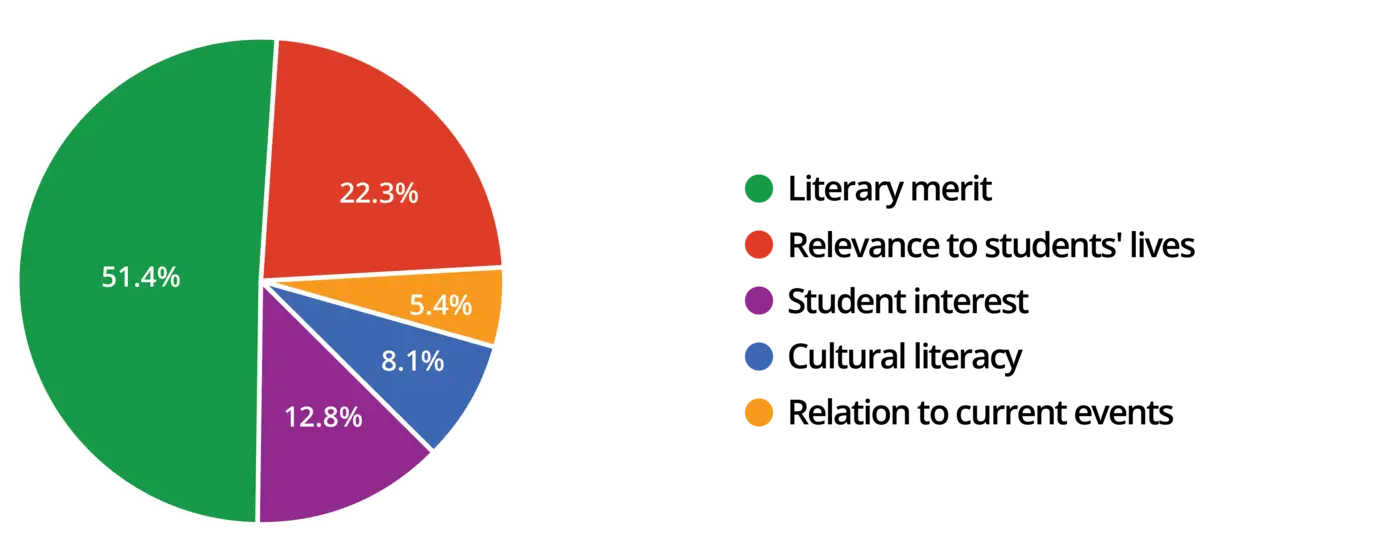
Selecting books for literature units involves many factors, but some are more crucial than others. When asked which is the most important factor, over half of respondents (51.4%) said literary merit, followed by relevance to students’ lives (22.3%), student interest (12.8%), cultural literacy (8.1%), and relation to current events (5.4%).
Out of the following choices, which literary theme do you believe resonates the most with your students?
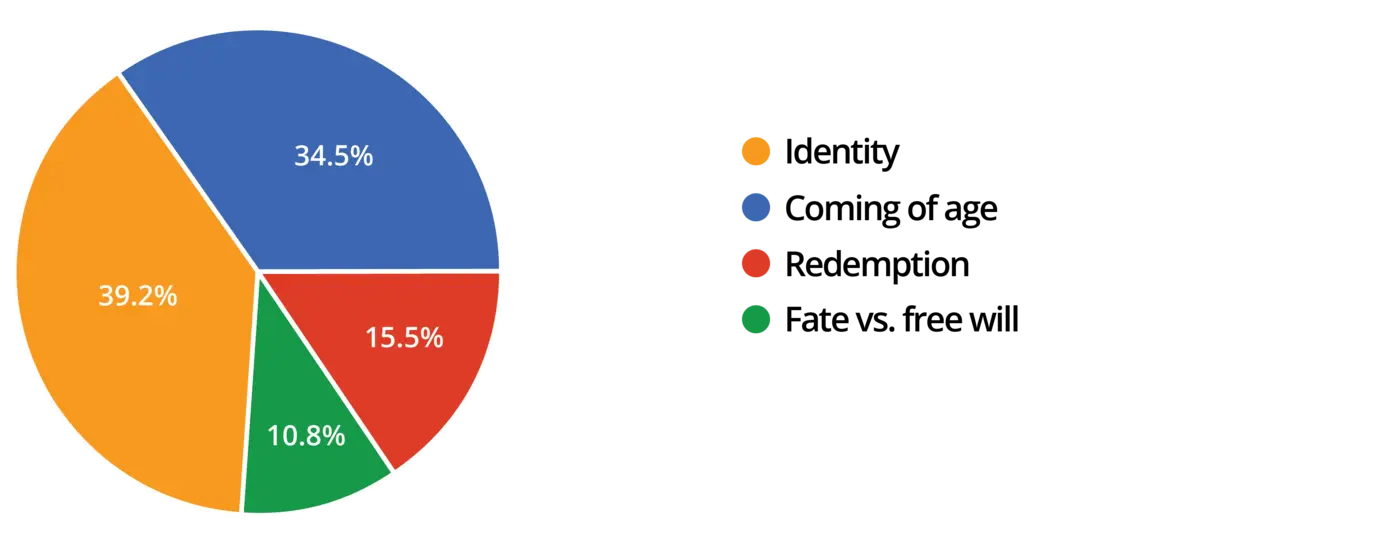
For a student audience, especially those in middle and high school, some literary themes are more relatable than others. 39.2% of survey respondents believe the theme of identity resonates the most with their students, followed by coming of age (34.5%), redemption (15.5%), and fate versus free will (10.8%).
Do you teach more classic books or more modern books?
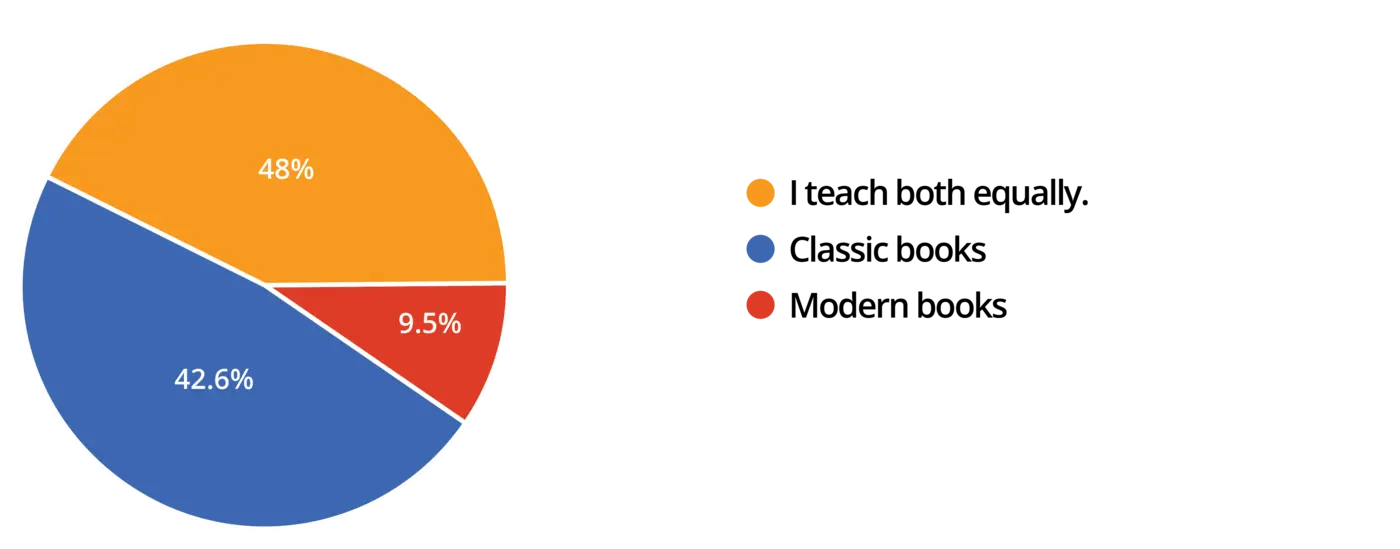
Classic or modern literature: which era is more popular to teach? 42.6% or survey respondents teach more classic books, 9.5% teach more modern books, and 48% teach both classic and modern books equally.
Do you think these books are relevant to your students?
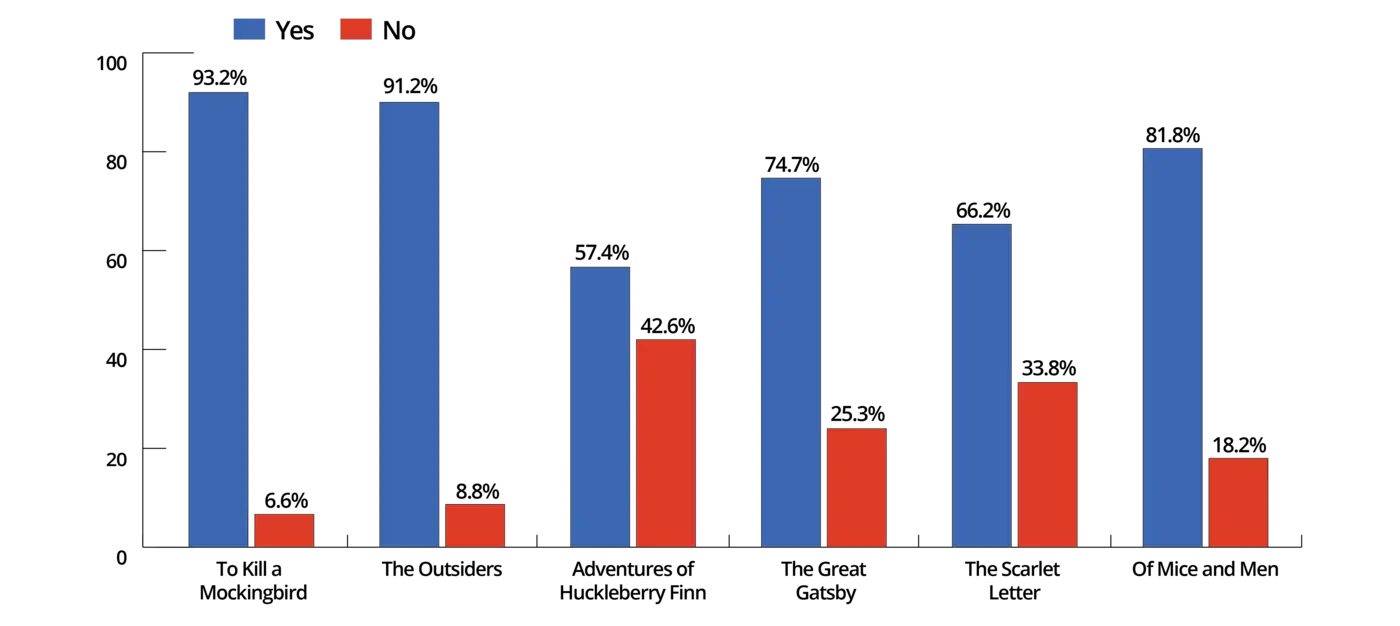
To Kill a Mockingbird, The Outsiders, Adventures of Huckleberry Finn, The Great Gatsby, The Scarlet Letter, and Of Mice and Men: these six titles are some of the most-taught books in the American literary canon. However, they’re also highly debated by modern educators on their literary and academic merits in today’s classroom.
The overwhelming majority of survey respondents believe To Kill a Mockingbird (93.2% yes, 6.6% no) and The Outsiders (91.2% yes, 8.8% no) are still relevant to their students. Adventures of Huckleberry Finn had the most contentious results, with 57.4% of respondents saying yes and 42.6% saying no. Results for the remaining titles were generally favorable: The Great Gatsby (74.7% yes, 25.3% no), The Scarlet Letter (66.2% yes, 33.8% no), and Of Mice and Men (81.8% yes, 18.2% no).
Based on the answers we received, it’s safe to say the debate over these books still stands. If you’re looking for a new approach, consider exploring books written by modern authors that work as either companion pieces or substitutions for these classic works. Here are some titles that tackle similar themes:
Instead of To Kill a Mockingbird, try... |
Instead of The Outsiders, try... |
Instead of Adventures of Huckleberry Finn, try... |
Instead of The Great Gatsby, try... |
Instead of The Scarlet Letter, try... |
Instead of Of Mice and Men, try... |
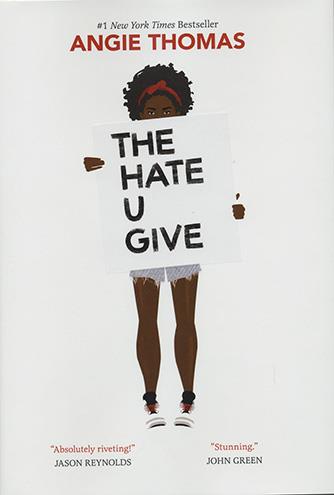
The Hate U Give |
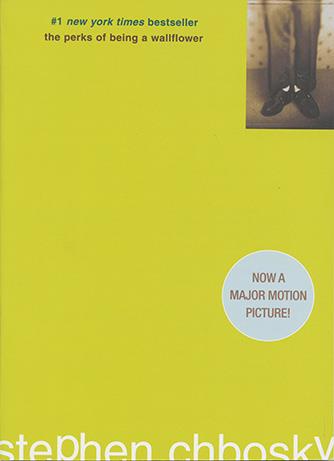
The Perks of Being a Wallflower |
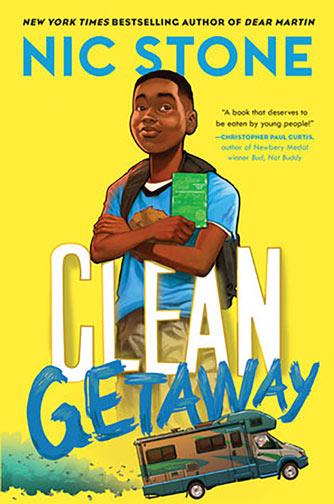
Clean Getaway |
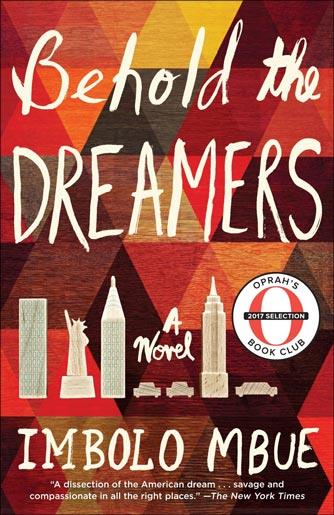
Behold the Dreamers |
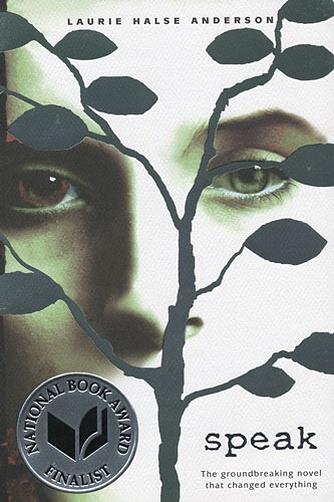
Speak |
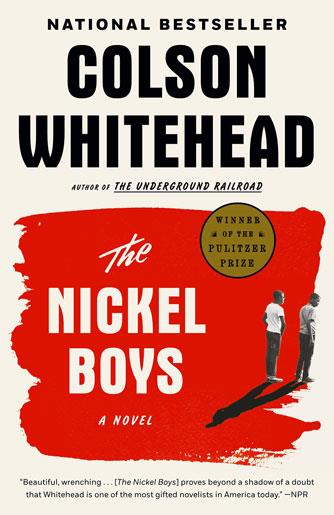
The Nickel Boys |
Which books do you personally consider to be American classics?
This free-response question asked teachers to share what books they personally view as American classics. After tallying up hundreds of answers, here are the top 10 teacher picks:
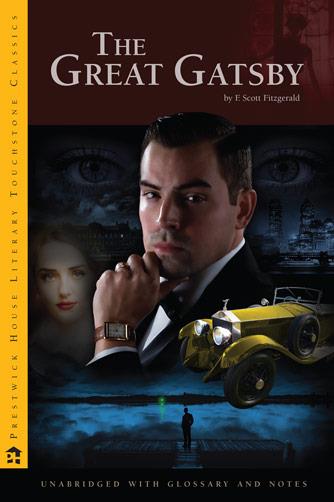
The Great Gatsby |
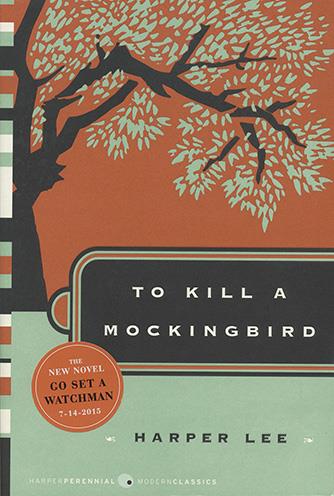
To Kill a Mockingbird |
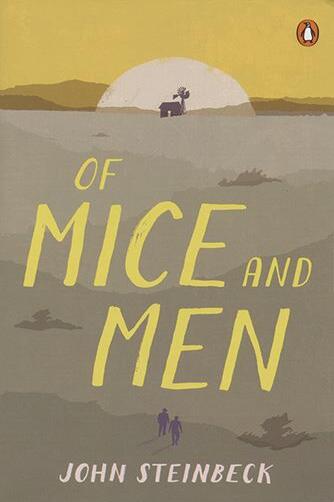
Of Mice and Men |
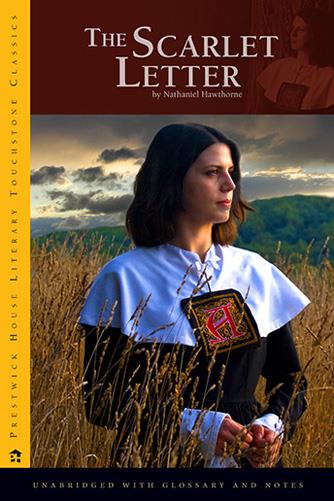
The Scarlet Letter |
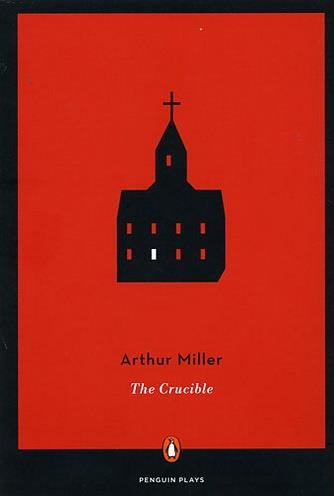
The Crucible |
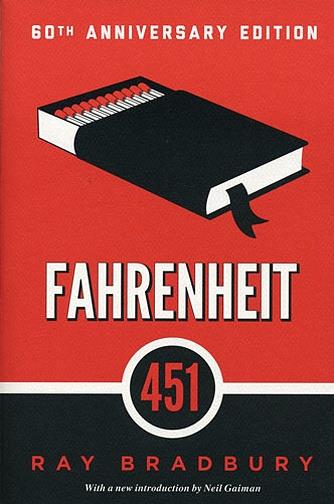
Fahrenheit 451 |
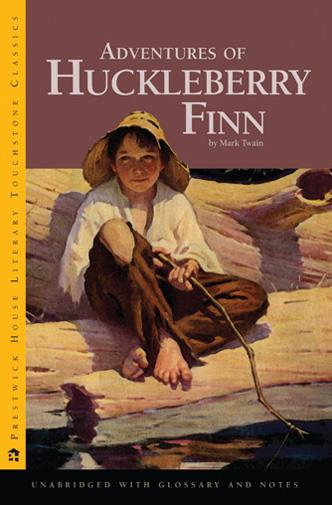
Adventures of Huckleberry Finn |
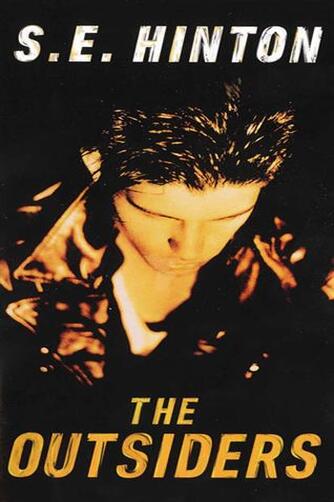
The Outsiders |
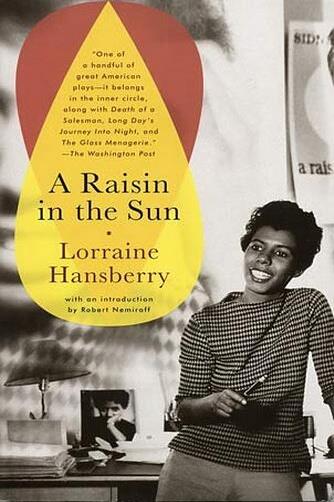
A Raisin in the Sun |
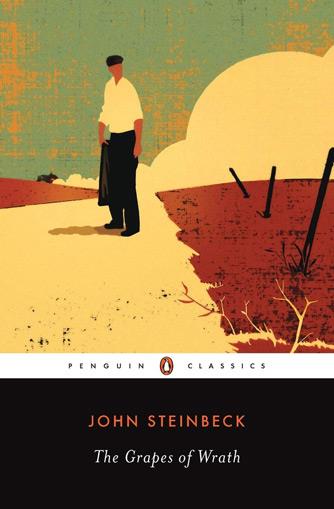
The Grapes of Wrath |
Some students struggle with reading classic literature. Which of the following choices do you believe is the primary reason for some students' disinterest in classic literature?
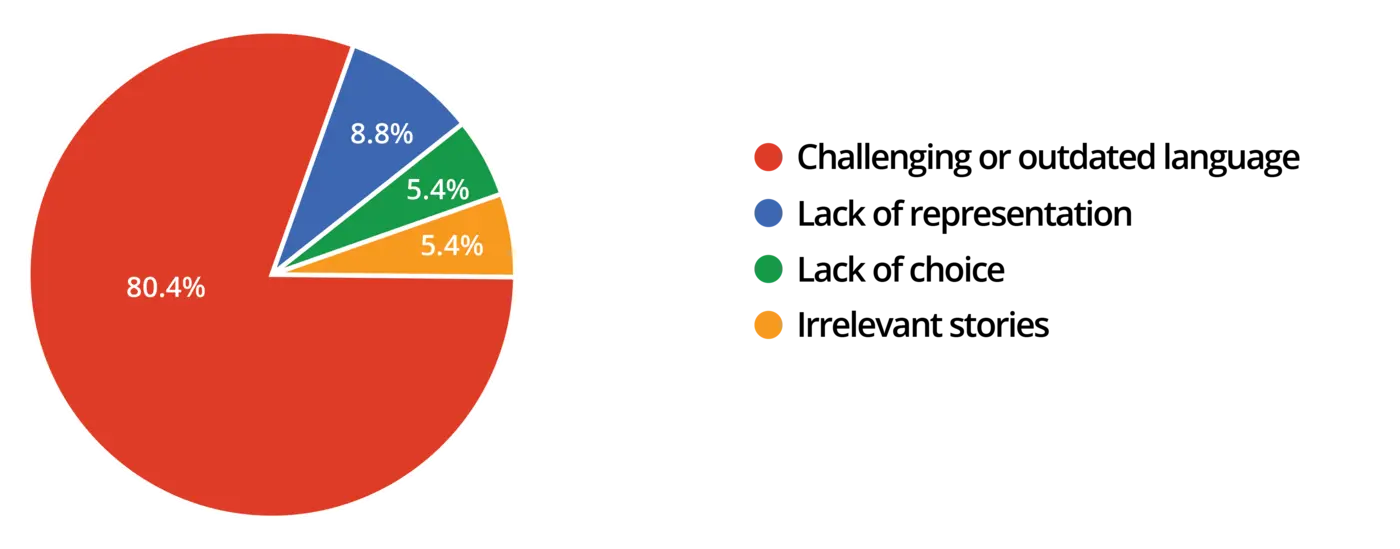
As much as we wish every student had an innate love for older stories, that’s just not the case. So why are some students uninterested in classic literature? 80.4% of survey respondents said that challenging or outdated language was the primary reason. Lack of representation was a very distant second at 8.8%. Irrelevant stories and lack of choice tied for the bottom reasons at 5.4% each.
Which 21st-century books by American authors do you think will eventually become classroom staples or classics?
The books we consider classics weren't always met with acclaim when they were first published. Sometimes it takes years, decades, or even centuries for people to recognize their literary and cultural significance. By that logic, it's safe to say that some of the newer books students read today may join the literary canon in the future.
In our final free-response question, we asked teachers to share which modern books they think have the potential to become the next American classics or classroom staples. Here are the top 10 responses:
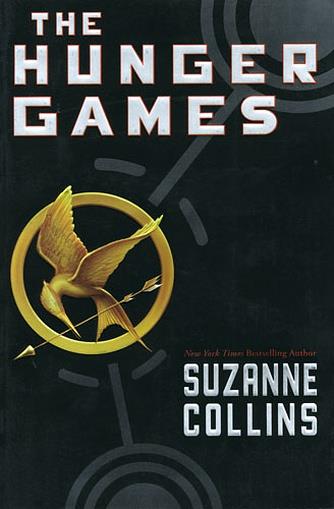
The Hunger Games |

The Hate U Give |
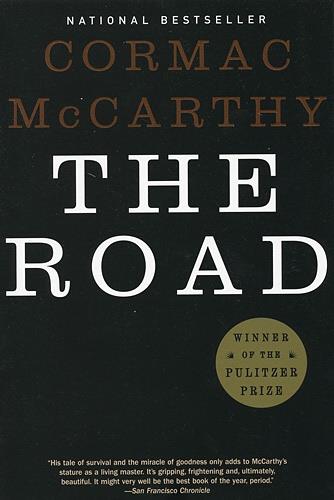
The Road |
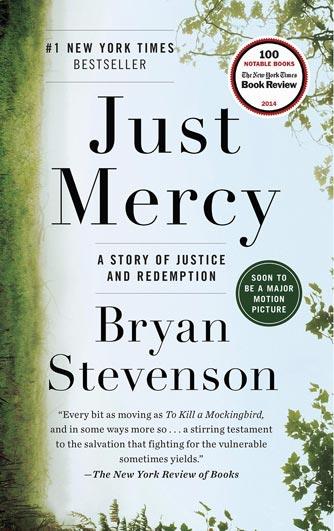
Just Mercy |
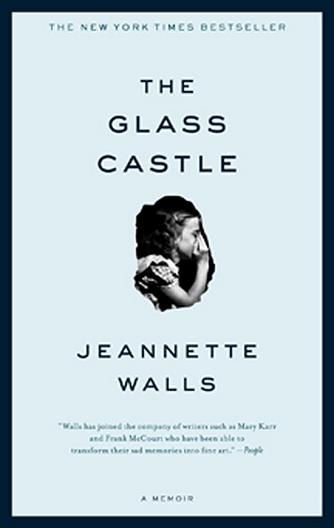
The Glass Castle |
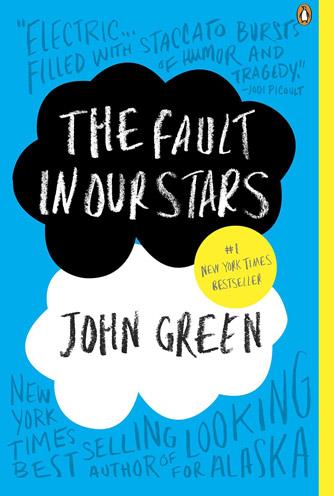
The Fault in Our Stars |
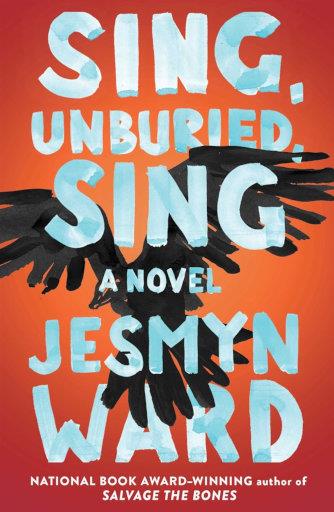
Sing, Unburied, Sing |
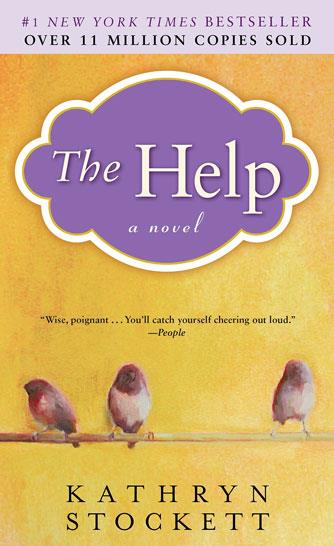
The Help |

The Nickel Boys |
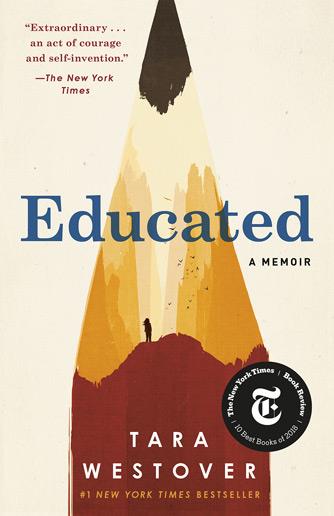
Educated |
What do you think of the survey results? Are you surprised by some of the responses? We want to know! Join the conversation on Facebook or Instagram.
Thank you to all of our survey respondents. Your opinions are greatly appreciated! We’d love to hear from you again in the future, so please keep an eye on your email inbox for more survey opportunities.